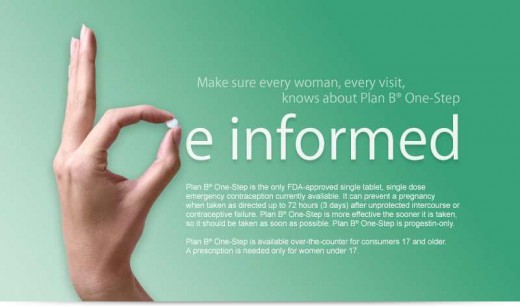The Morning After: Facts About Emergency Contraception

Myth vs. Reality
Emergency contraception, commonly referred to as "the morning-after pill," is a viable method of avoiding unplanned pregnancy. Unfortunately, there are some myths regarding the mechanism of action for these medications that are disturbing to women who might otherwise wish to avail themselves of this technology. Some women have the impression that these pills are the same as RU-486 commonly known as the "abortion pill," but this is not true.
There's Time To Act
After intercourse, sperm may travel through the genital tract for several days before they have an opportunity to fertilize an ovulated egg, so there is some time to prevent this complex process from resulting in a viable pregnancy within the uterine cavity. It is during the first 72 hours after intercourse that women can optimally use the morning-after pill formulations with a good degree of success. However, once the fertilized egg implants on the uterine wall, the progesterone-containing emergency contraceptive pills will not affect it, and the pregnancy will continue to develop.
How It Works
At the moment,the brands of pills approved by the FDA to use as emergency contraception include Plan B One-Step, NextChoice and Ella. In contrast to these agents, which contain varying doses of the hormone progesterone, RU486 (mifepristone) is an anti-progesterone agent that causes disruption of an established pregnancy that has implanted in the uterus, One of the chief myths surrounding pills such as Plan B One Step is that it also causes a woman to abort a potentially viable baby. The truth is that this progesterone medication works by inhibiting ovulation (release of an egg from the ovary), slowing sperm movement toward the egg, and the theoretical interference with the thickness of the uterine lining. The potential thinning of the endometrium from high doses of progesterone has not been proven to actually disrupt a pregnancy that is already in progress, and in fact, progesterone is sometimes used to support a developing pregnancy.
Morning-after pills are safe, and their maximum effectiveness is realized when they are taken within 72 hours of the unprotected intercourse. There are much better ways to prevent undesired pregnancy, and use of medications such as Plan B for ongoing contraceptive needs is not the best option. Consult your healthcare provider for more information on this complex topic.






